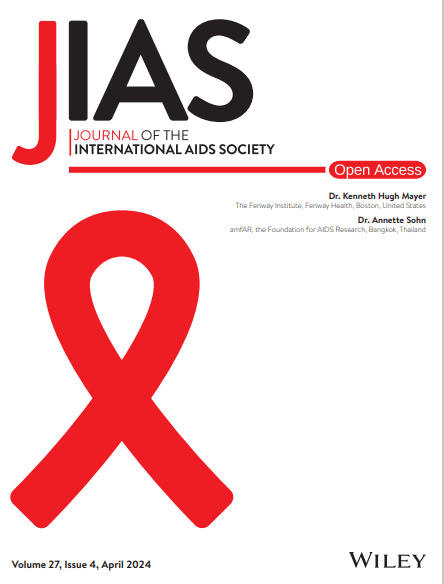Successful implementation of evidence-based practices depends on contextual factors like stakeholder engagement, the socio-political environment, resource availability, and stakeholders’ felt needs and preferences. Nevertheless, inequities in implementation exist and undermine efforts to address HIV in marginalized key populations. Implementation science shows promise in addressing such inequities in the HIV response, but can be limited without meaningful engagement from citizens or communities.
We define the concept of a citizen-engaged HIV implementation science as one that involves citizens and communities deeply in HIV implementation science activities. In this commentary, we discuss how citizen science approaches can be leveraged to spur equity in HIV implementation science. Drawing on three areas previously defined by Geng and colleagues that serve to drive impactful implementation science in the HIV response, we discuss how citizens can be engaged when considering “whose perspectives?”, “what questions are being asked?” and “how are questions asked?”. With respect to “whose perspectives?” a citizen-engaged HIV implementation science would leverage participatory methods and tools, such as co-creation, co-production and crowdsourcing approaches, to engage the public in identifying challenges, solve health problems and implement solutions. In terms of “what questions are being asked?”, we discuss how efforts are being made to synthesize citizen or community-led approaches with existing implementation science frameworks and approaches. This also means that we ensure communities have a say in interrogating and deconstructing such frameworks and adapting them to local contexts through participatory approaches. Finally, when considering “how are questions asked?”, we argue for the development and adoption of broad, guiding principles and frameworks that account for dynamic contexts to promote citizen-engaged research in HIV implementation science. This also means avoiding narrow definitions that limit the creativity, innovation and ground-up wisdom of local citizens.
By involving communities and citizens in the development and growth of HIV implementation science, we can ensure that our implementation approaches remain equitable and committed to bridging divides and ending AIDS as a public health threat. Ultimately, efforts should be made to foster a citizen- and community-engaged HIV implementation science to spur equity in our global HIV response.


